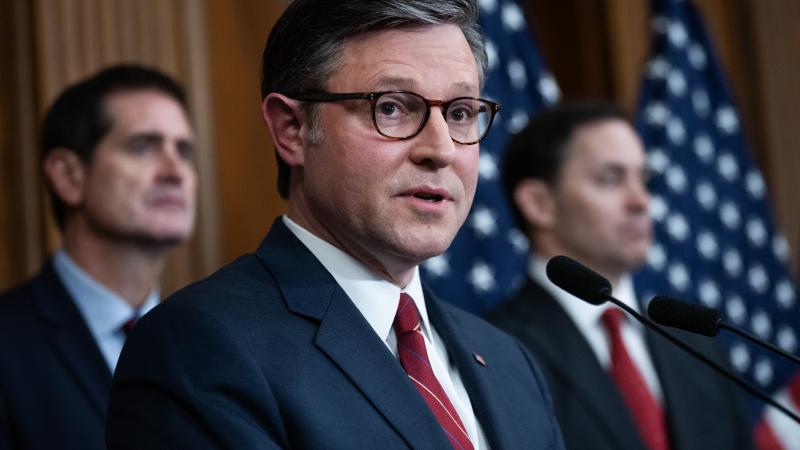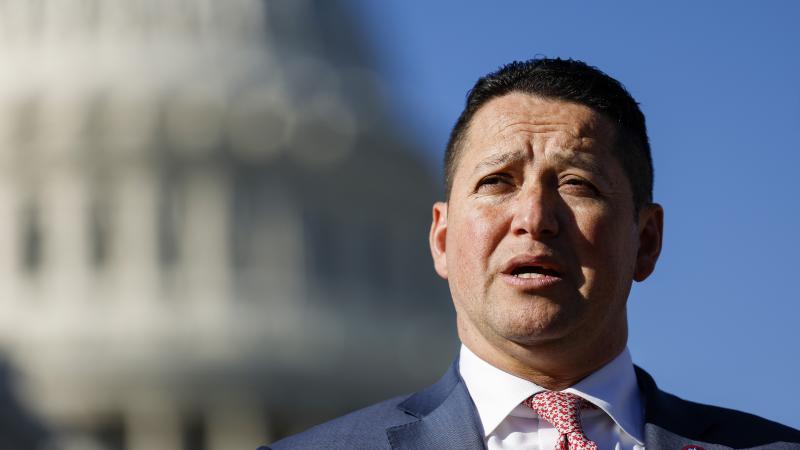Johnson tees up 2-year FISA extension and separate vote on Fourth Amendment right to privacy bill
The House Rules Committee voted 8-4 to adopt the rule for legislation that would renew the section 702 and advance group of proposed amendments including a warrant requirement.
House Speaker Mike Johnson, R-La., is preparing to bring a bill that would reauthorize section 702 of the Foreign Intelligence Surveillance Act (FISA) for 2 years instead of 5 years to the House floor on Friday as well as allow a vote on legislation related to Fourth Amendment right to privacy.
The House Rules Committee on Thursday night voted 8-4 to adopt the rule for legislation that would renew section 702 and advance a group of proposed amendments including a warrant requirement.
If the rule passes on the floor, the House would begin voting on the proposed amendments. A rule providing for consideration of the FISA renewal bill with reforms was previously blocked on the House floor by 19 Republicans.
"We're putting together an agreement around a two-year extension, same set of reforms, same deal with having Warren Davidson's bill voted on separately," said a House GOP leadership aide who declined to be identified. "The thinking is two years later Trump will be president, most likely, we think, we hope, and then at that point he can kind of address FISA as he sees fit."
The aide described the FISA renewal bill that will be considered on the floor Friday as essentially the same bill as the one that was blocked on Wednesday "but it would be a two-year extension instead of a 5-year extension." The deadline to reauthorize FISA is April 19.
The separate vote expected to take place would be on the bipartisan Fourth Amendment Is Not For Sale Act, sponsored by Rep. Warren Davidson, R-Ohio. The GOP aide said most conservatives who blocked the FISA bill from advancing on Wednesday will hopefully allow it to move forward in Friday, given that the Fourth Amendment Is Not For Sale Act will see a floor vote.
According to Davidson's office, that legislation "stops the federal government from circumventing Americans’ Fourth Amendment right to privacy by closing loopholes that allow the government to purchase Americans’ data from big tech companies without a search warrant."













